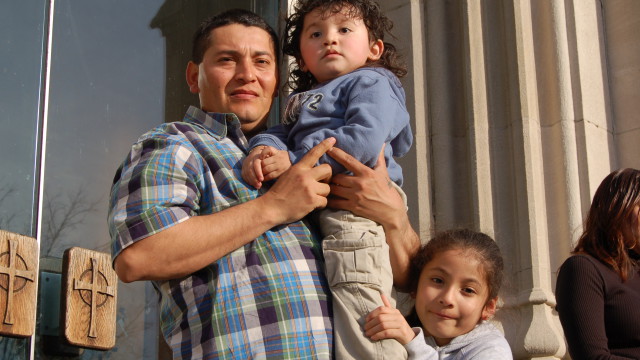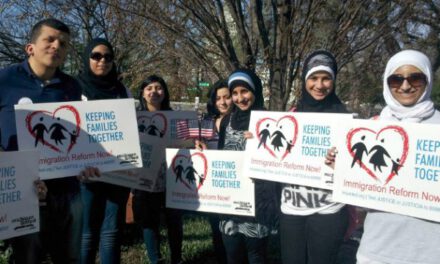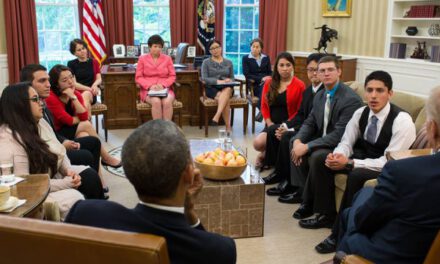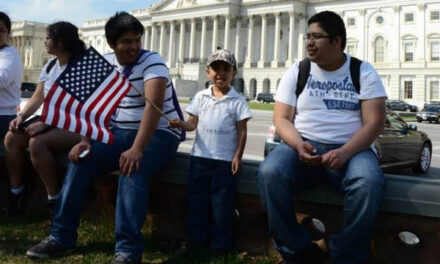On January 2nd, the Department of Homeland Security issued new procedures for applying for an entry visa to undocumented immigrants that will decrease family separation. Read on to find out more.
Para ver esta página en español, haz clic aquí.
The Department of Homeland Security announced Wednesday a change in its entry visa application process for undocumented immigrants currently living in the United States that will decrease family separation and allow more undocumented people to apply for visas and wait for approval without having to leave the US to wait for approval.
Under the previous process, immigrants seeking a status change would have to return to their country of origin, request an interview at the local US Consulate to apply for an entry visa and wait in that country until they were approved or denied—all the while being separated from their family members who remained in the United States. Depending on how long the immigrant was in the US before beginning this process, they would also risk triggering an automatic bar from reentry for a period of 3 or 10 years.
Starting March 4, 2013, the application process will be modified to reduce the period of family separation, allowing applicants to seek a provisional waiver from the 3 and 10 year ban, and remain in the US with their family during the first part of the process.
Under the new guidelines, applicants can apply for the visa interview at the consulate in their home country from their residence in the United States and remain there until they receive confirmation about the interview. At that point they must return to their country of origin to complete the rest of the process.
In order to be eligible for this waiver, an applicant must be the spouse, parent, or child of a US citizen and they must demonstrate that separation from their US citizen relative will create an “extreme hardship” for that person or family.
This is a big win for our community. Family separations caused by deportation and by the 3 and 10 year bar have had a devastating effect on immigrant families. The new process will help keep parents, children, and spouses together with their families longer.
That being said, this waiver is not a comprehensive reform and is limited to immediate family members of US Citizens. It doesn’t grant those approved permanent residency or citizenship. It doesn’t grant work permits, nor does it protect waiver recipients from deportation proceedings if they violate some other DHS guideline.
Two final things are important to note. First, applicants can cancel their waiver request, and they can also apply multiple times. Not being approved for a waiver does not mean you will be automatically put into deportation proceedings. Second, USCIS indicated that the agency is open to reconsidering what type of relative is eligible for the waiver, which gives us hope that in the future they’ll broaden the criteria to include grandparents, aunts and uncles, and other members of extended families. If there is further development regarding this, we will make sure that our community is kept informed.
The new rule goes into effect on March 4, 2013, at which point USCIS will begin accepting applications. For a complete list of FAQs,





